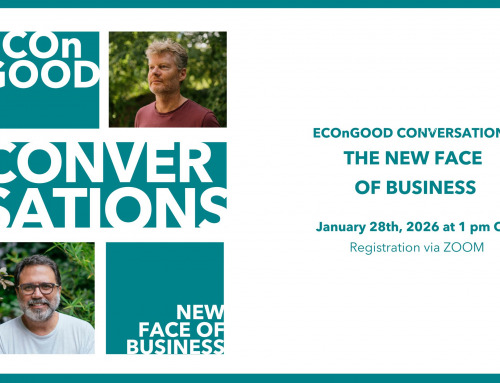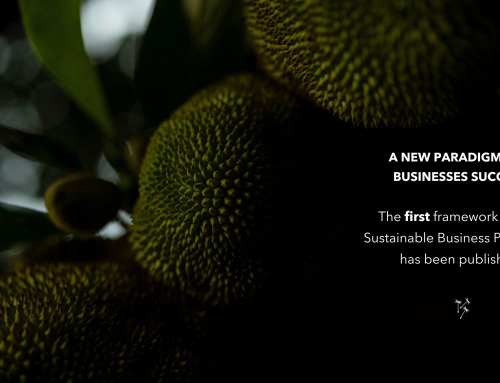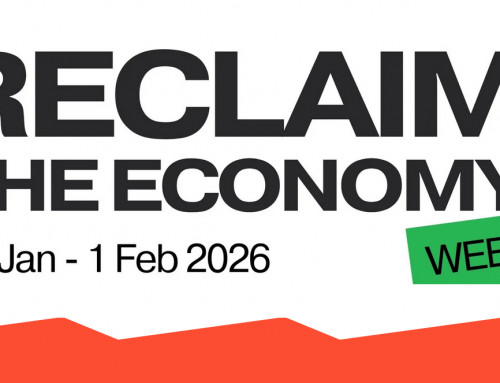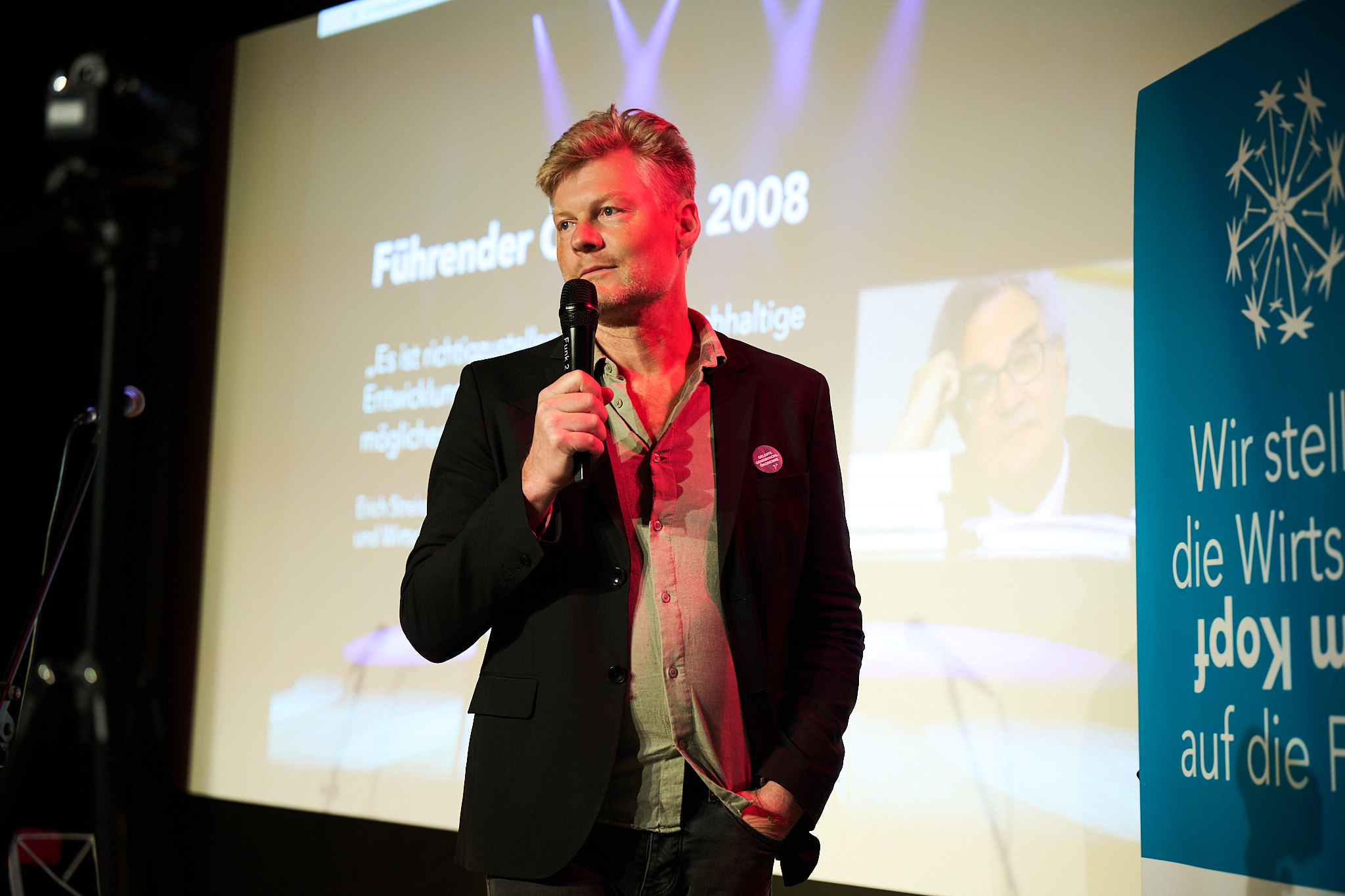
On October 6h of 2025, the Economy for the Common Good celebrated its 15th anniversary. An important milestone for an alternative economic model that is gaining importance worldwide. Since its founding in Austria, Bavaria and South Tyrol in 2010, over 1.400 companies, nearly 50 municipalities and numerous educational and financial institutions have joined the vision of redefining economic success: not through maximisation, but through contributing to the common good. The celebration took place in Vienna, the founding city and also an important hub for the movement.
“A new economic model probably needs 150 years to mature peacefully and be implemented democratically. We have come an astonishingly long way in the first 15 years,” says Christian Felber, initiator of the movement. “1,400 organisations applying the model, almost 50 public welfare municipalities, a public welfare account, ECOnGOOD Business Canvas, a chair in Valencia, three scientific conferences, an 86 per cent majority in the European Economic and Social Committee, associations from Bavaria and Baden-Württemberg to Argentina and Japan. We are entering the next round and looking forward to the next 15 years.”
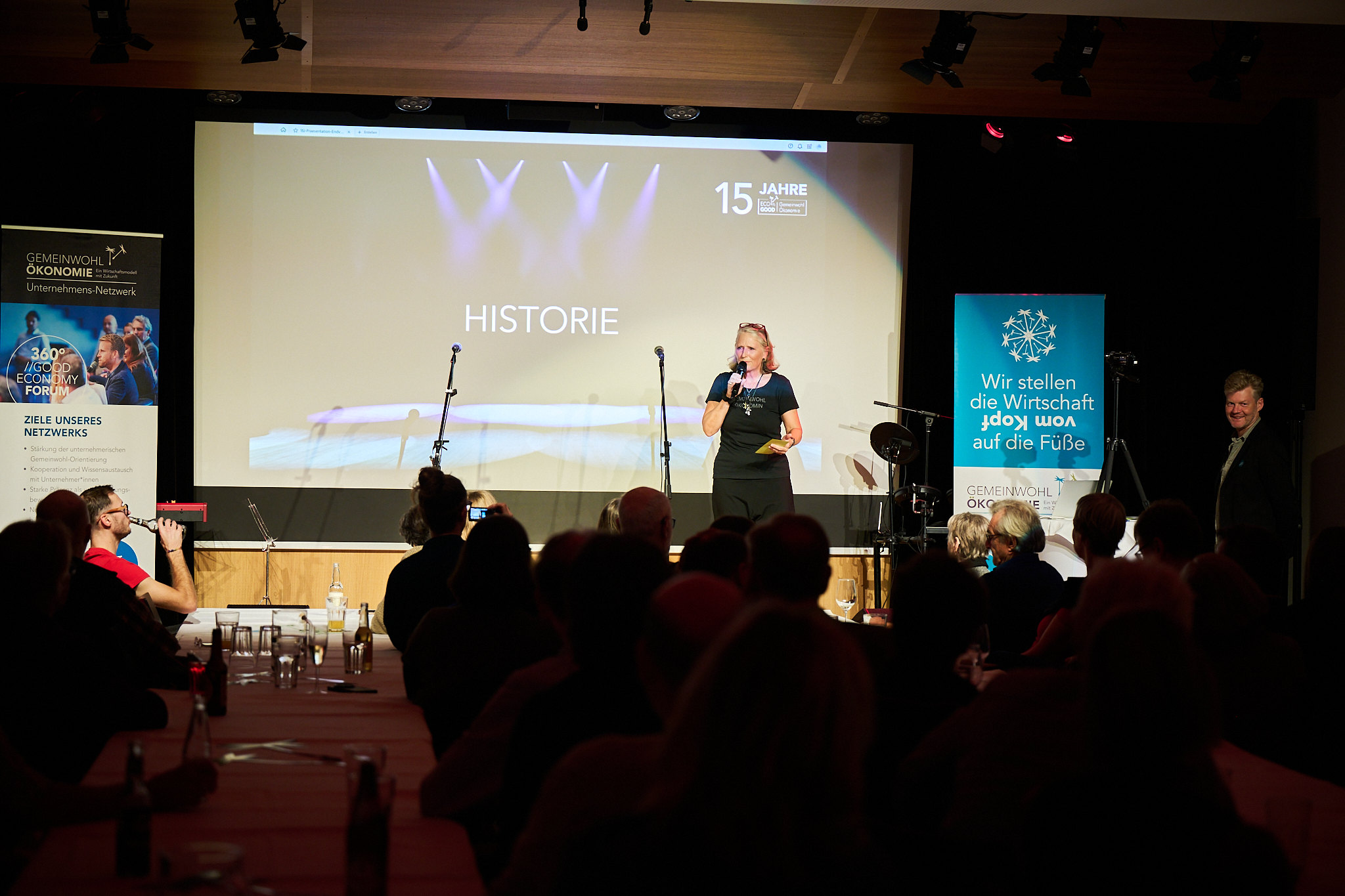
Rethinking the economy: value-based and sustainable
The practical implementation of the model is also generating enthusiasm in Switzerland. Monika Keller, Chair of ECOnGOOD Switzerland and common good consultant, emphasises: “congratulations to our umbrella organisation ECOnGOOD and all those involved in the various countries! For 15 years, the model of the common good economy has been showing that there is another way to do business: value-based, participatory and sustainable.”
At the heart of ECOnGOOD is the common good balance sheet: a tool that companies, local authorities and organisations can use to highlight their social and environmental contributions beyond pure financial figures. Dr. Ralf Nacke, spokesperson for ECOnGOOD Switzerland and common good consultant, describes its benefits: “the Economy for the Common Good is a compass for organisations that want to act not only successfully but also responsibly – that operate with a view to people, the environment and sustainability.” Cities such as Stuttgart and Hamburg are now also balancing their public enterprises.
The movement is growing steadily internationally. Noriaki Ikeda, co-founder of ECOnGOOD Japan, says: “people in Japan have recently joined the vibrant and warm-hearted ECOnGOOD movement because it is based on universal values. We see the opportunity to revitalise old Japanese values such as Ikigai in the economy with ECOnGOOD.”
Luciana Cornaglia, spokesperson from Argentina, adds: “only 15 years and so many achievements! It’s incredible what a meaningful purpose combined with passionate people can accomplish. Let’s continue spreading the seeds so that ECOnGOOD becomes an ever-stronger alternative on every continent and continues to flourish in our hearts even more.”
The Economy for the Common Good shows that an economy that serves people rather than the other way around is not only possible – it is already being lived. And it has only just begun.
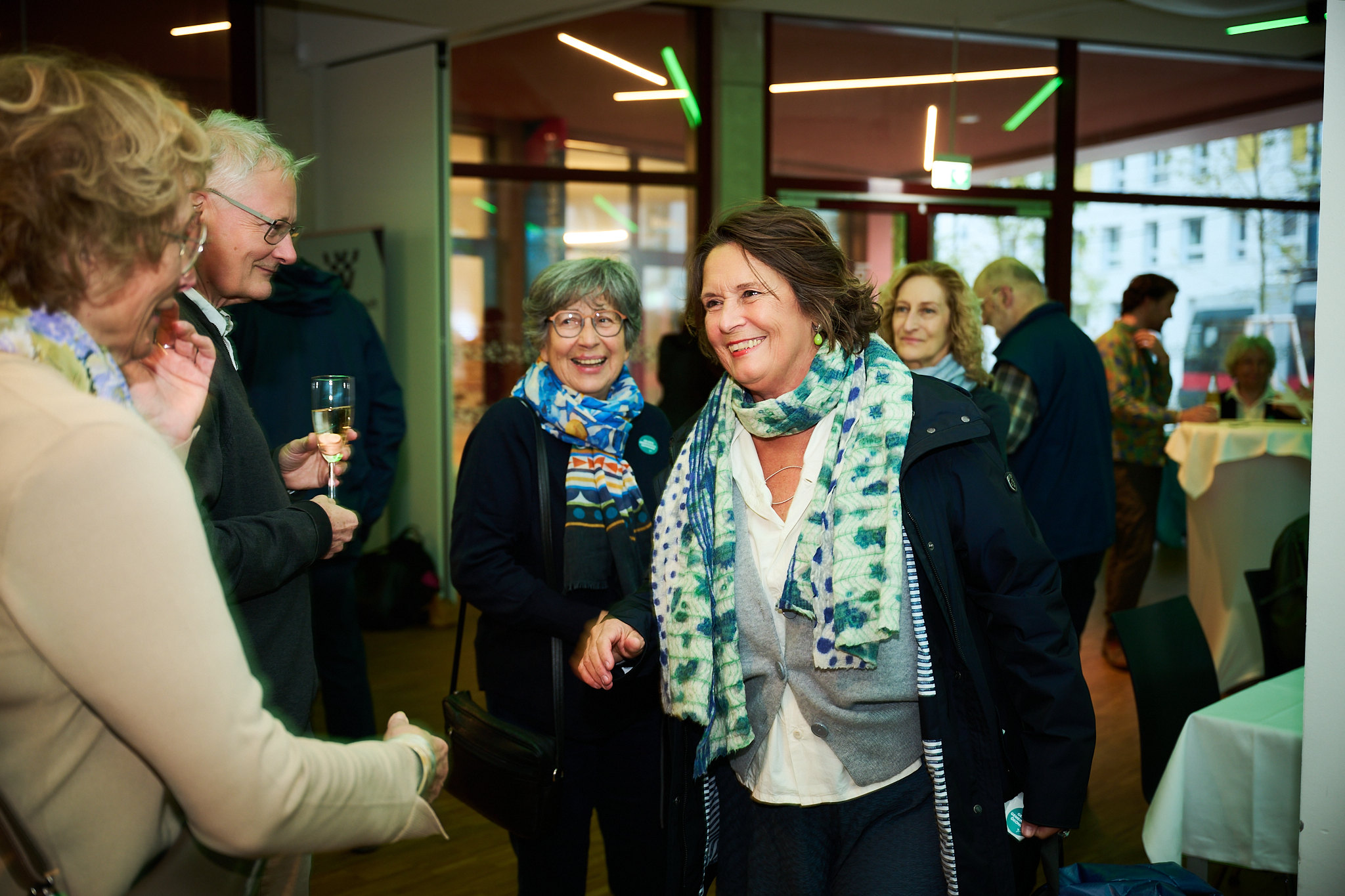
About the Economy for the Common Good | ECOnGOOD
The global Economy for the Common Good movement began in Vienna in 2010 and is based on the ideas of Austrian publicist Christian Felber. Since 2024, it has been operating internationally under the name ECOnGOOD in order to achieve greater awareness and recognition. ECOnGOOD sees itself as a pioneer for social change towards a sustainable, responsible and cooperative coexistence within the framework of ethical economic activity. Success is not primarily measured by financial indicators, but by the common good product for an economy, the common good balance sheet for companies and organisations, and the common good audit for investments.
Today, the movement has around 11,000 supporters worldwide, 5,000 members in over 170 regional groups, 35 ECOnGOOD associations, over 1,400 organisations that have been assessed, almost 50 cities and municipalities that have been assessed for the common good, and 200 universities that are spreading and developing the vision. In 2015, the EU Economic and Social Committee adopted a self-initiated opinion on ECOnGOOD with an 86 per cent majority and recommended its implementation in the EU.
In June of 2026, the IV ECOnGOOD International Conference will take place in Amberg, Germany and the deadline for abstract submissions is October 30th of 2025. For more information, check the event’s official website: https://www.oth-aw.de/en/ecgic2026/
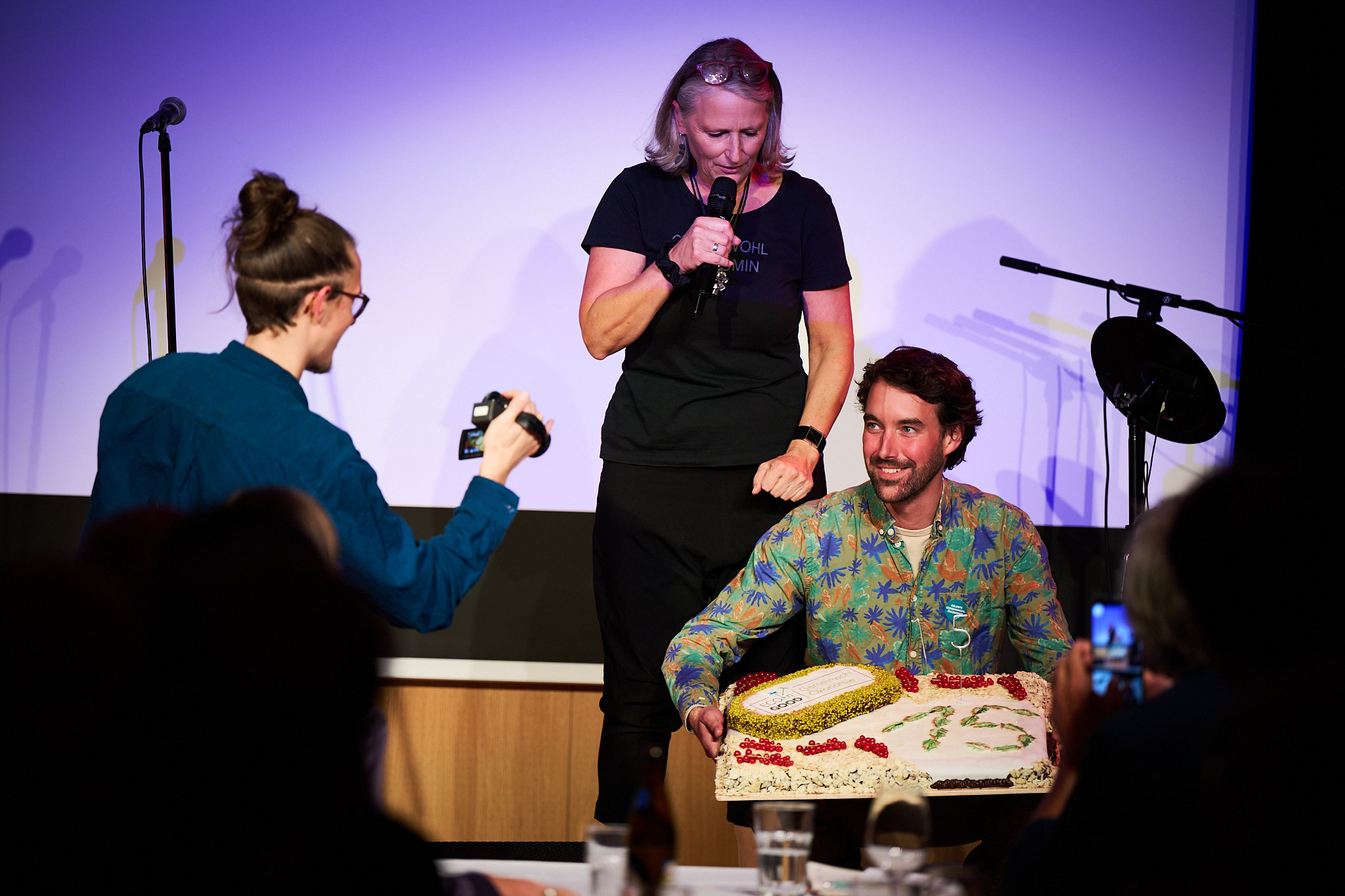
All photos in this post were taken by © Wirlphoto.

